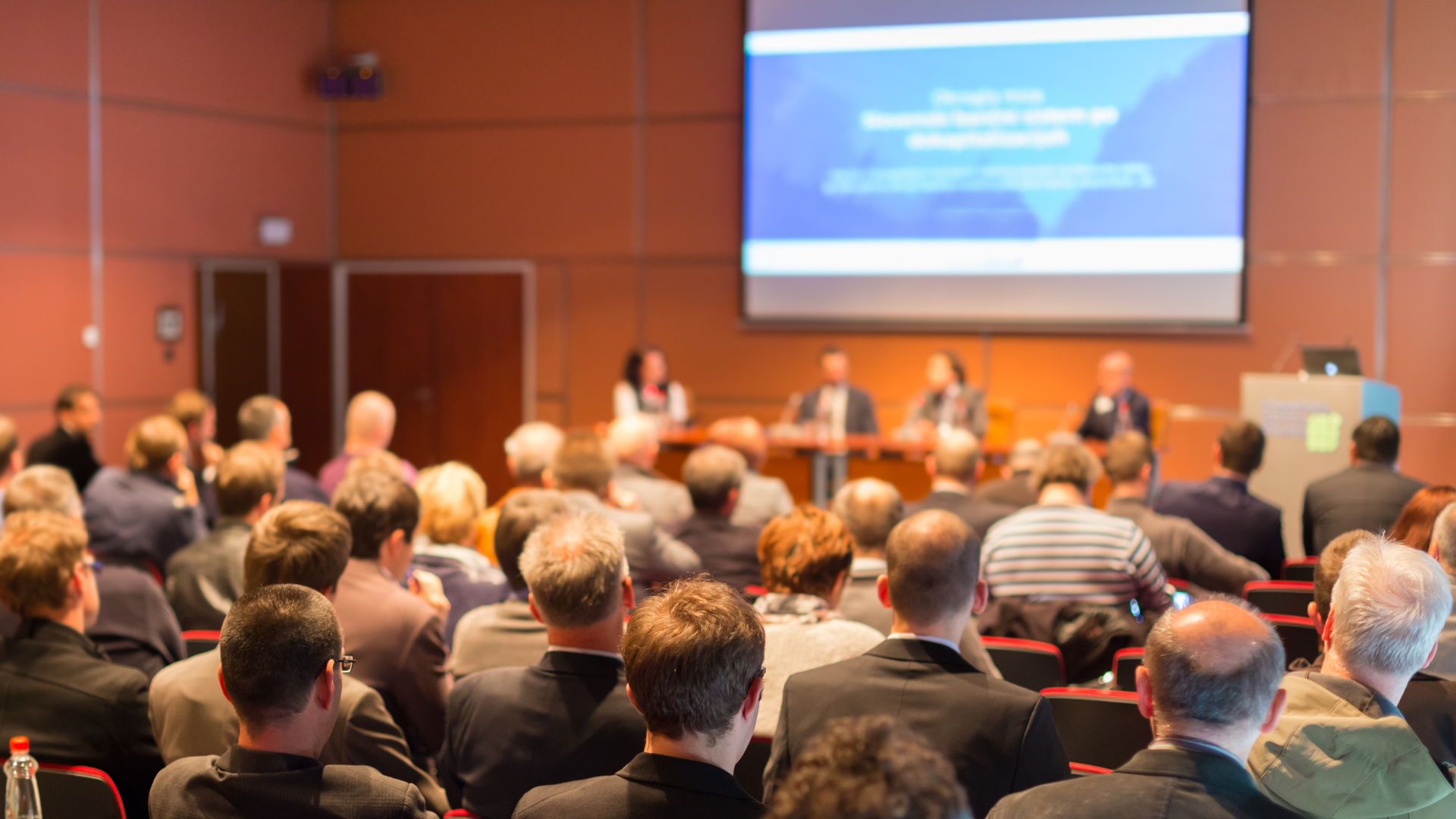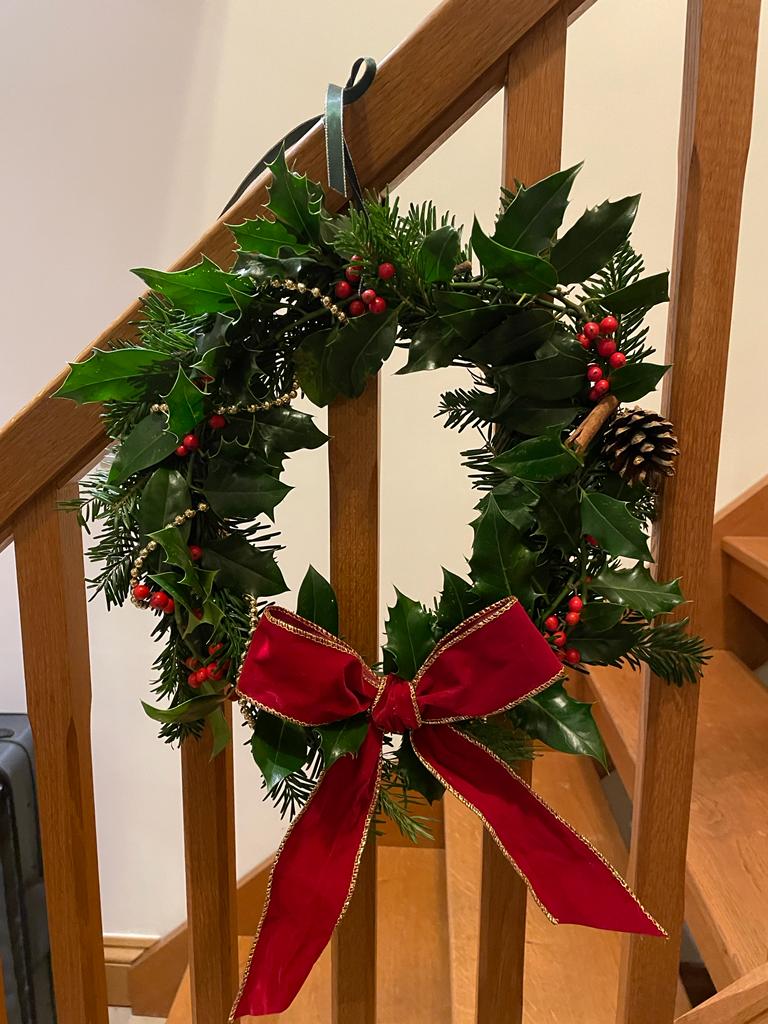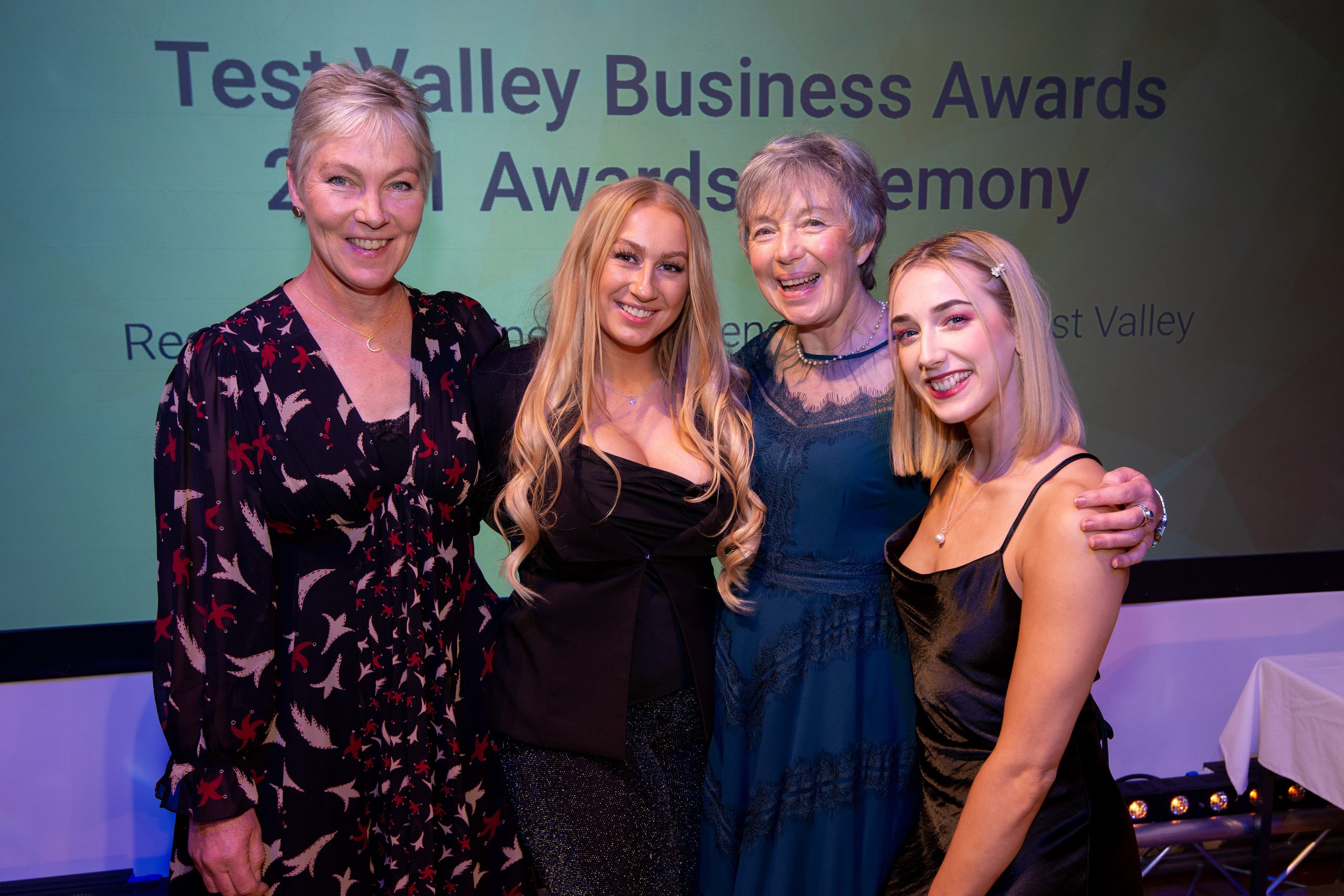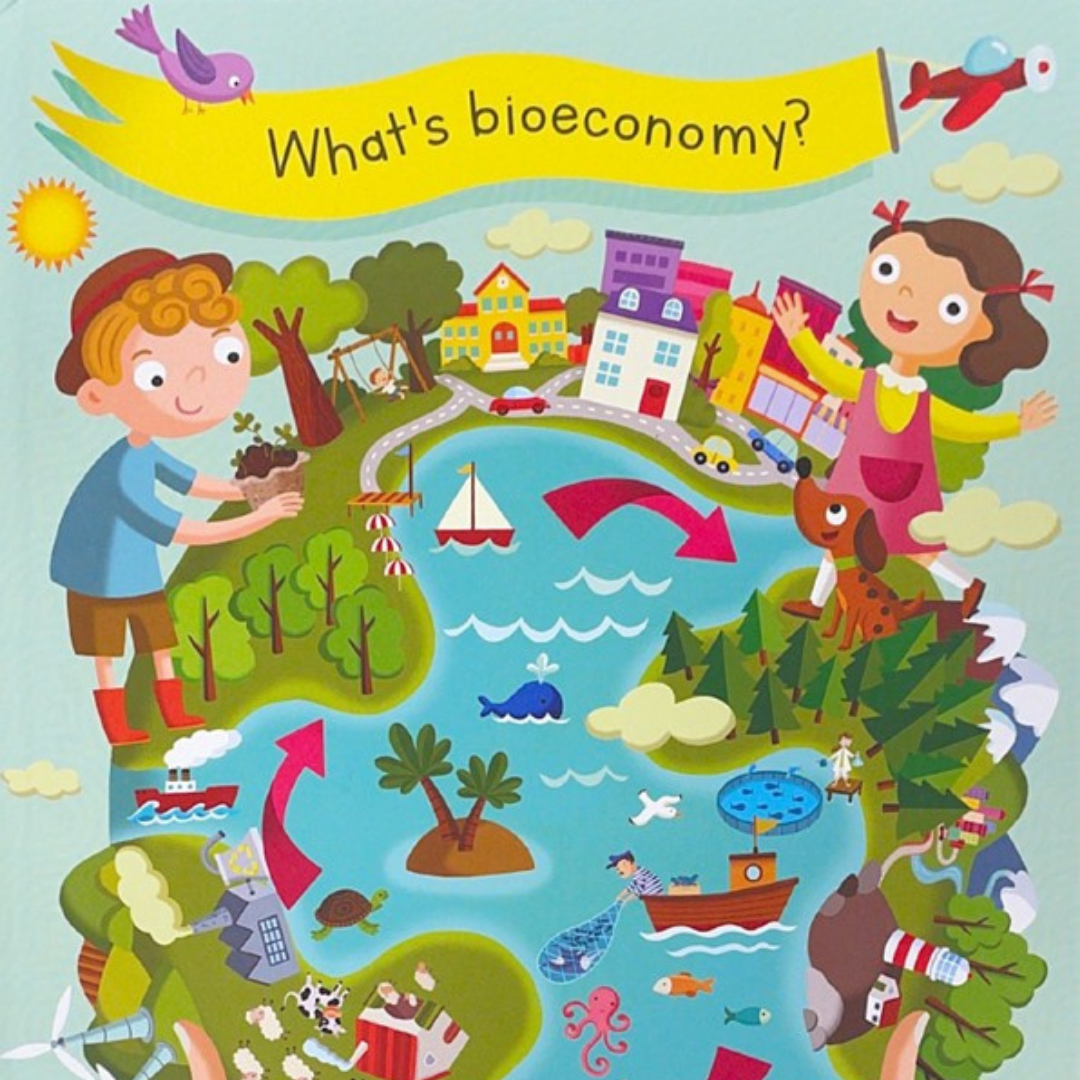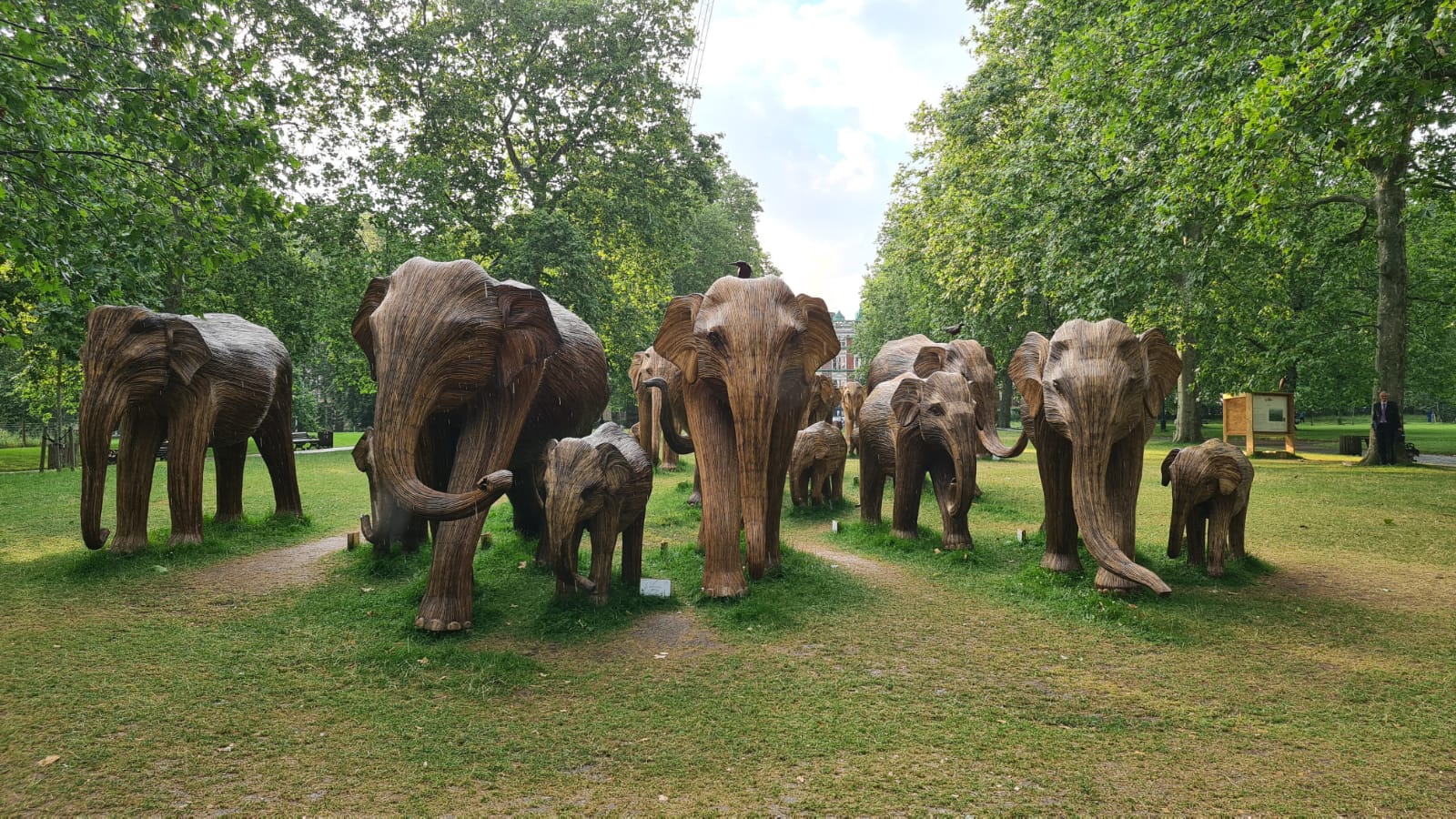Christmas – culturally diverse and sustainable celebrations Szilvia Newell, Office Manager at Minerva, explores and explains Hungarian and British traditions 5th December 2023 The holiday season is a time of joy, love, and celebration. It is also a time when people around the world come together to celebrate various cultural and religious traditions. While Christmas […]

There are no stupid questions…
By Kate Viggers
July 2015
I confess to feeling slightly out of my depth at a press conference held during a recent research congress about the challenge of obesity in Europe.
Beyond the frog I dissected in GCSE Biology and numerous ticker-tape-trolley experiments conducted in physics lessons (the point of which I am still failing to grasp), I have little science background. Interesting, therefore, that I find myself working for a company specialising in healthcare and scientific communications! And occasionally daunting, when I find myself before a panel of leading health researchers and practitioners, surrounded by ‘proper’ science journalists from a variety of eminent publications.
Naturally, I felt the pressure to ask an ‘intelligent question’ that would a) get the experts thinking b) impress my media friends and c) wouldn’t betray my lack of knowledge.
There are no stupid questions, the saying goes. But we often reveal more about ourselves through the questions we ask than the answers we give. Take our recent company excursion to a local supplier’s premises, where the proprietor patiently fielded our team’s questions:
Me: “What’s the most stressful part of your job?”
Sarah: “How do you manage your stress?”
Edd: “You’ve identified the issues that cause you stress; have you put any processes in place to address them?”
No prizes for working out who’s the journalist, who’s studying to be a counsellor and which of us is an experienced project manager!
At a recent work dinner, I asked a friend/colleague (‘frolleague’?) who is studying for her philosophy doctorate, “Who’s your favourite philosopher?” A sudden hoot of laughter from Rhonda on the opposite side of the table; that, she informed me, was a ‘typical journalist’s question.’
In other words, a reductive question designed to draw out a simple fact as quickly as possible. I put it down to force of habit. I’ve spent years as a feature writer doing down-the-line interviews, attempting to distill a complicated personal experience into a few choice quotes (… and keep my phone bill down). Let your interviewee wander off topic by asking too many ‘open’ questions, or fail to ‘nudge’ them to share the information you really need, and you make your job harder; you’re left with pages of shorthand to decipher and work up into usable copy with a deadline looming. It’s even more important to be concise and efficient when you’re conducting numerous interviews for one assignment and need to combine multiple perspectives into one, well-written, flowing piece. A ‘favourite’ part of my job at Minerva is developing case studies – telling the ‘human story’ behind the complex issue our clients or projects need to communicate; my interview experience has been so useful for extracting the crucial detail to help us deliver that support.
Back to the press conference.
Just as the microphone is handed to me, I recall a conversation with a conference delegate the day before, which had thrown up an interesting question. It might not be about drug trials, control groups or methodologies –but it might get them thinking.
Paraphrasing the delegate, I asked the experts, “What would you say to someone who claimed that nobody really wants to solve the obesity crisis because everybody’s making too much money out of it?”
Two of the panel members visibly winced. I’m pretty sure all of them were insulted. The conference organiser approached me afterwards and said he was astonished by my ‘controversial question’.
Perhaps I should have just asked them, “Who’s your favourite scientist?”
More Blogs
Breaking Down Scientific Barriers
Breaking Down Scientific Barriers The Power of Conversational Communication in Science By Amanda Beard 21st November 2023 Communicating science to the public and policy-players can be a challenge for researchers, especially when it comes to conveying complex information to those who are unfamiliar with the concepts and language. However, there is a way to break […]
Is AI the Scariest Innovation Ever for Halloween?
Is AI the Scariest Innovation Ever for Halloween? – Written by AI Author – AI 31st October 2023 As Halloween approaches, our thoughts turn to all things spooky and eerie. While ghosts, goblins, and witches have traditionally been the stuff of nightmares during this time of year, there’s a modern innovation that’s been sending shivers […]
Recycle Week 2023: Let’s Make a Difference Together!
Recycle Week 2023: Let’s Make a Difference Together! Author – Vaishnavi Srinivasan 10th October 2023 Taking Action During Recycling Week and beyond Review Your Recycling Habits: Take a moment to review what you currently recycle at home or at work. Are there items you could be recycling but aren’t? Make a list and commit to […]
Zero Waste Week
Join Minerva Communications in Embracing Zero Waste Week! Author – Vaishnavi Srinivasan 30th August 2023 Assess Your Waste: Start by taking a close look at your daily habits. Identify areas where you can reduce, reuse, or recycle more effectively. Set Goals: Challenge yourself to make a big difference during Zero Waste Week. You can do […]
Sustainable Celebrations this Christmas
Sustainable Celebrations this Christmas By the Minerva Team 9th December 2021 Use natural or homemade Christmas wreaths and decorations –Mimi Saville, Account Manager “Using natural or homemade decorations are a sustainable alternative to plastic Christmas baubles and artificial wreaths. Meeting with family to forage and create your own garlands or festive wreaths is a great […]
Six Lessons Learned in Six Months
Six Lessons Learned in Six Months By Molly Burchell, Account Executive 30th November 2021 Our newest team member discusses what she has learned so far at Minerva. This month, I am celebrating my sixth month working as an Account Executive at Minerva Communications UK. This is my first job out of university that has […]
Driving awareness for a more sustainable future
Driving awareness for a more sustainable future Interactive book for families and schools provides ‘bio-based’ food for thought By Amanda Beard, Account Manager, Minerva UK October 2021 Case Study: Bradford Science Festival 2021 The Bradford Science Festival (BSF) was first established in 2017 by the National Science & Media Museum with the aim to engage […]
Elephants – megagardeners of the forest
Elephants – megagardeners of the forest Iconic Species essential for biodiversity needs our help By Rhonda Smith, Director, Minerva UK August 2021 More Blogs
Investigating the effectiveness of biodegradable and compostable packaging
Investigating the effectiveness of biodegradable and compostable packaging The Citizen Science Home Composting Experiment By Virginia Neal January 2021 More Blogs

